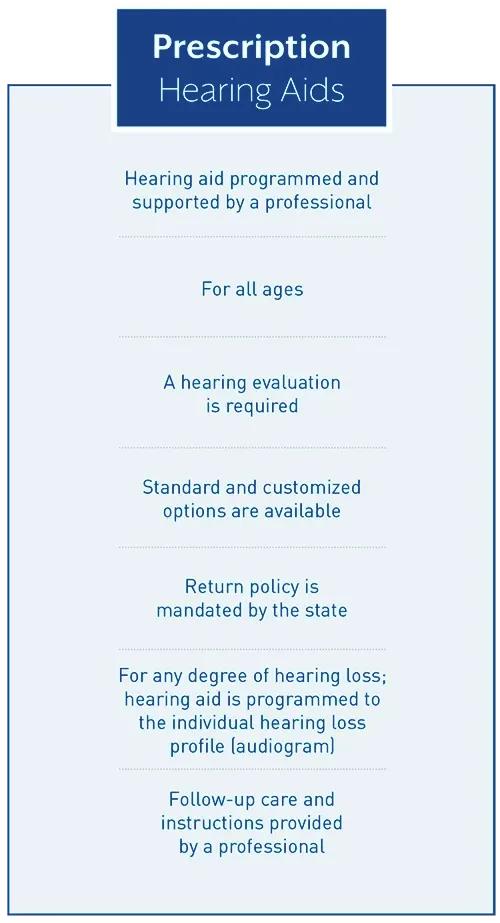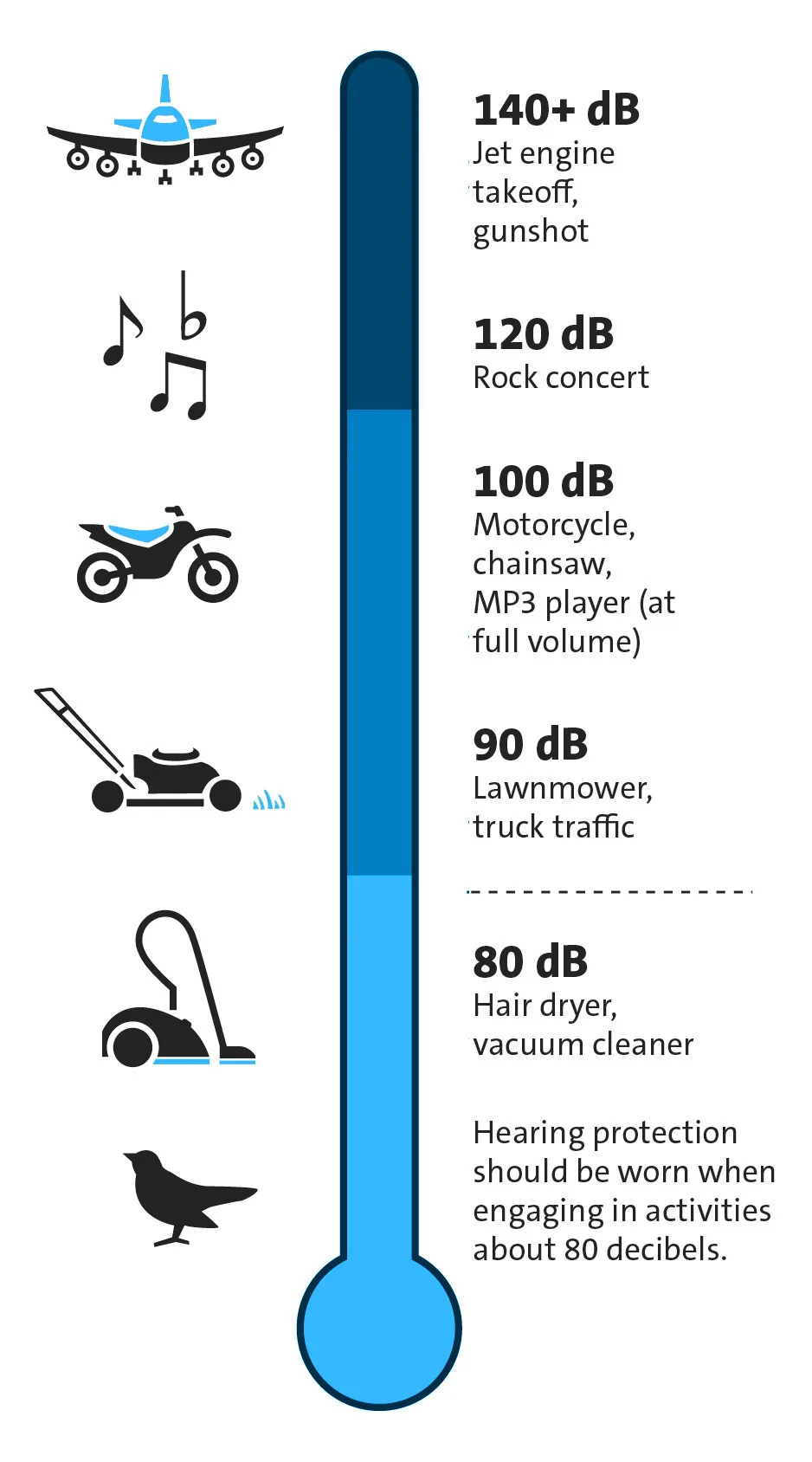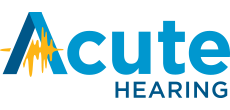Why Professional Hearing Care is Vital for Optimal Health and Wellness
Choosing professional hearing care is not just about improving your hearing; it’s essential for your overall health and wellness. Hearing loss can impact everything from your cognitive function to your emotional well-being. By seeking expert care, you can address hearing issues early, prevent further complications, and enjoy a higher quality of life. Prioritizing professional hearing care is a critical step in maintaining your long-term health.
Understanding Hearing Loss and How to Treat It
Hearing loss is not a one-size-fits-all condition. However, it is common and treatable if handled correctly. With the different types of hearing loss and levels of complexity, a hearing professional can guide you through selecting the right solution for your specific hearing and lifestyle needs.
The Role of Hearing Healthcare Professionals
We are trained to identify hearing loss and provide customized treatment that addresses your specific hearing needs and lifestyle. A hearing healthcare professional can further explain the differences between prescription hearing aids and hearing aids available over the counter (OTC) and guide you on the right decision for you.

What is the Difference Between Prescription and Over-the-Counter (OTC) Hearing Aids?
Understanding the difference between prescription and over-the-counter (OTC) hearing aids is helpful when choosing the right solution for your hearing needs. Prescription hearing aids are customized by a Hearing Aid Specialist to fit your specific hearing loss, while OTC hearing aids offer a more accessible, one-size-fits-all option for mild to moderate hearing issues. Knowing the key distinctions between these two types of devices can help you make an informed decision for your hearing health.


How will I know what my hearing loss is?
Hearing loss is unique and complex and may pose different challenges for each individual. Hearing loss comes in a variety of types including sensorineural, conductive, and mixed hearing loss; each type of hearing loss can have different symptoms and may require different treatment methods. The lack of a physical ear examination may lead to other unnoticed potential issues that can show similar hearing loss symptoms such as ear drum damage or simple wax buildup.

There are several online hearing tests available, and you can try the one we offer! However, they are not diagnostic medical tests. The only way to determine hearing loss or if you may need hearing aid solutions, is to schedule a hearing exam with a licensed hearing professional. Both an audiogram and a physical examination are required to determine hearing loss.
Clinically, hearing loss falls into different degrees. Mild, moderate, severe, and profound are some of the most common degrees with variations in between. Your hearing loss degree depends on your ability to hear different pitches (frequencies) at different volumes (decibels, dB).
No matter what your hearing loss, our hearing professional can help ensure all your hearing healthcare needs are addressed over time as your hearing demands change. The first step would be to call or schedule an appointment for a hearing screening.
Hearing plays a major role in our emotional well-being and overall quality of life — with a growing body of research linking hearing loss to dementia and cognitive decline, it is important that you receive the treatment that is right for you. When we hear our best, it’s easy to stay engaged, alert and active.
Hearing Loss is as Unique as You Are
While OTC hearing aids may be a starting point for some, there are many considerations when choosing the correct treatment for your hearing loss. During your complimentary consultation, we will help you determine what type of hearing aid is right for you and discuss all of your options.
Take Control of Your Hearing Health
Schedule a personalized consultation with our expert hearing care professionals now and experience the difference that customized treatment can make!
